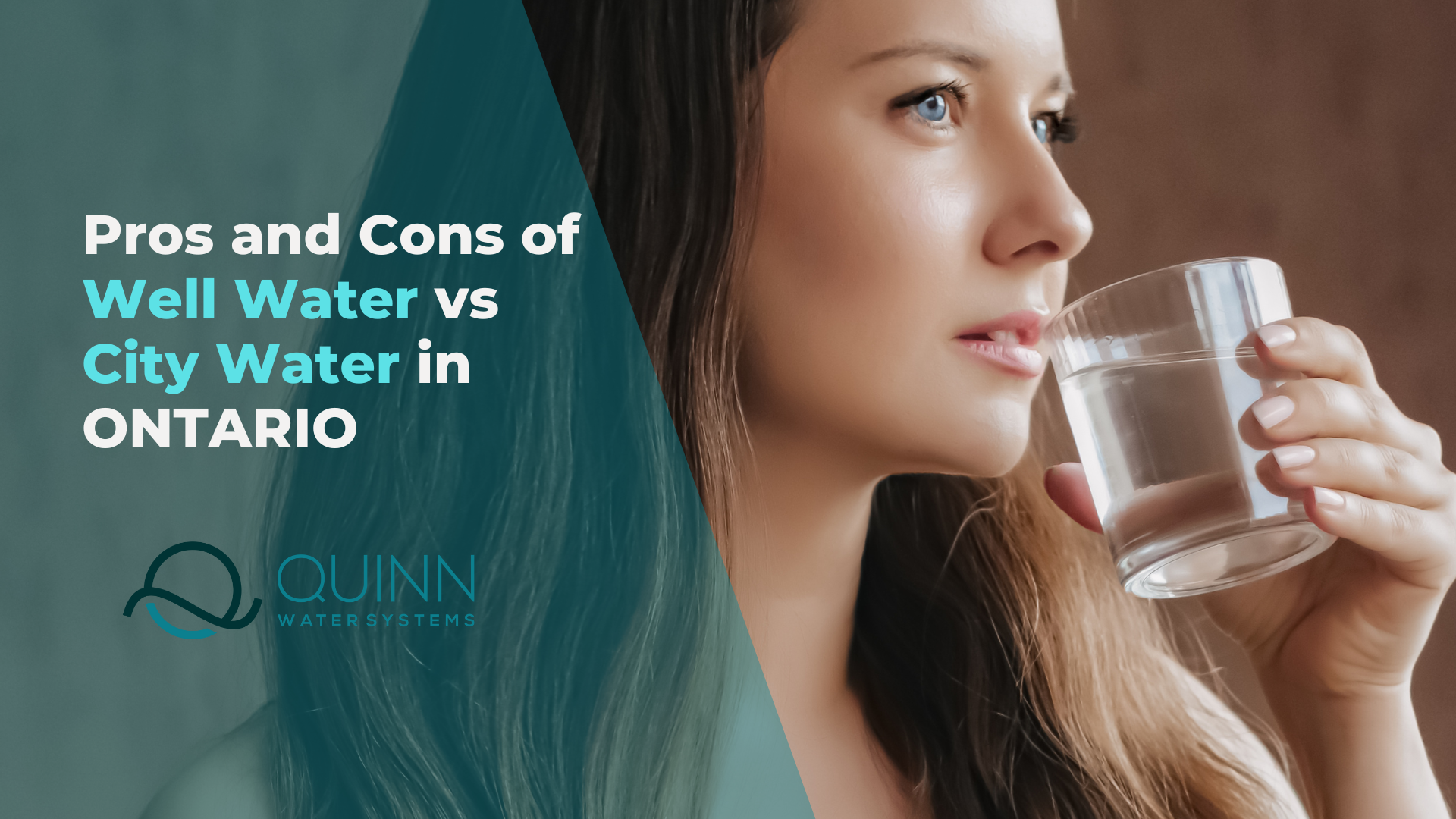Complimentary Well Water Inspection for New Customers
Water Softener Installation for Well Water: Considerations and Steps
Installing a water softener for well water is a crucial step in ensuring the quality and efficiency of your water supply. Well water often contains high levels of minerals and hardness, which can lead to various issues in your plumbing system and affect the overall water quality. In this blog post, we will explore the considerations and steps involved in installing a water softener specifically designed for well water. By understanding the unique challenges associated with well water and following the proper installation process, you can enjoy the benefits of clean, softened water throughout your home.
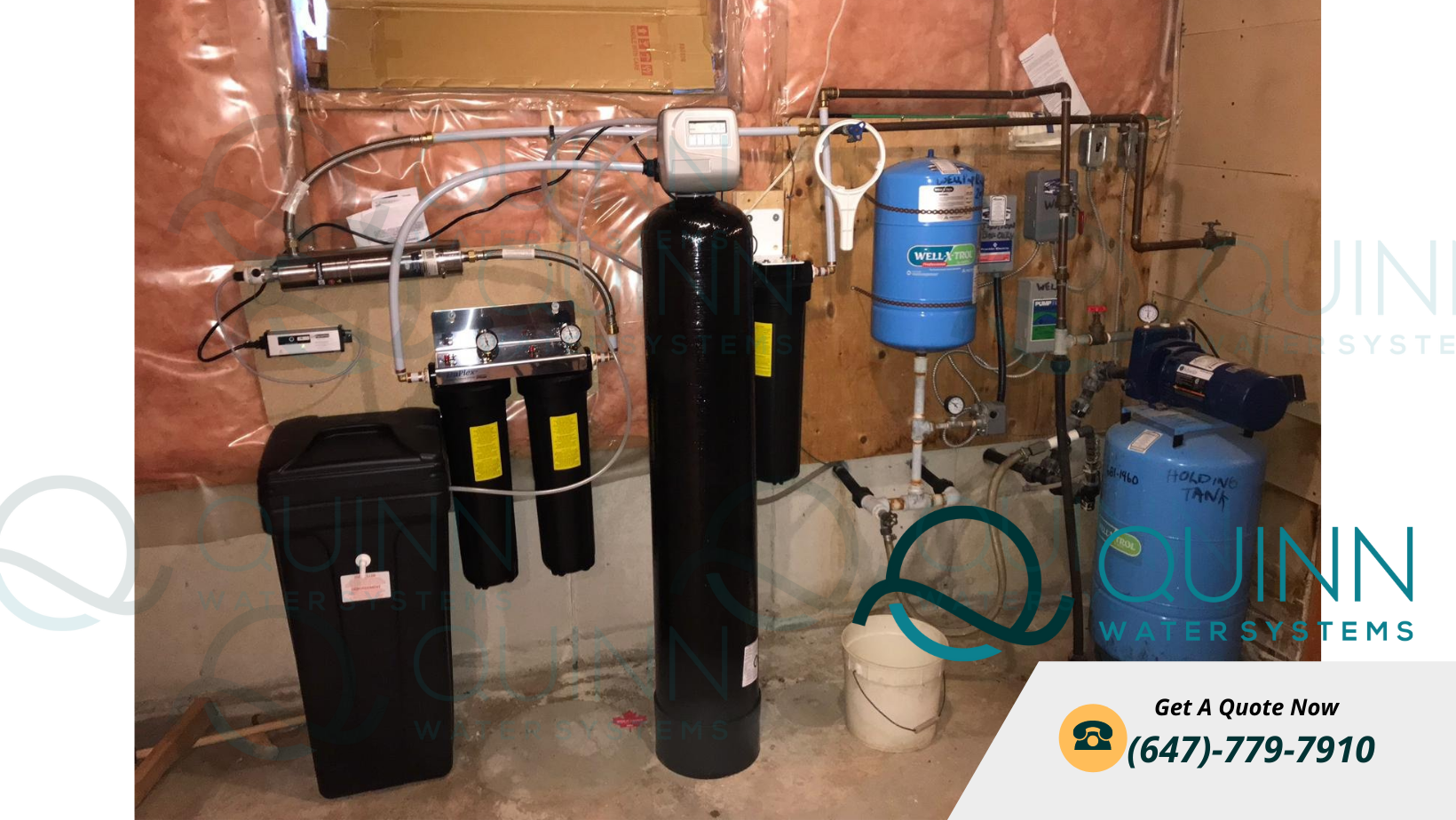
Understanding Well Water
Well water has distinct characteristics and poses unique challenges compared to other water sources. It is essential to familiarize yourself with these aspects before proceeding with a water softener installation.
Characteristics and challenges of well water:
- Well water is sourced from underground aquifers and can vary in quality based on geological factors.
- It often contains high levels of minerals, such as calcium, magnesium, and iron, leading to water hardness.
- Well water may also contain other contaminants like sediment, bacteria, or pesticides, depending on the location and local conditions.
Common issues related to hard water in well systems:
- Hard water can cause mineral buildup and scale formation in plumbing fixtures, appliances, and pipes, reducing their efficiency and lifespan.
- It can result in soap scum, reduced lathering, and difficulty rinsing, affecting the effectiveness of cleaning and personal care routines.
- Hard water can lead to stains on sinks, fixtures, and clothing, diminishing their appearance.
Choosing the Right Water Softener
Selecting an appropriate water softener specifically designed for well water is crucial to effectively treat and soften the water supply.
Factors to consider specific to well water:
- Water hardness levels: Test the water to determine the hardness level, measured in grains per gallon (GPG), as it will influence the type and capacity of the water softener needed.
- Iron and mineral content: Assess the presence of iron and other minerals in the water, as certain softeners are designed to handle higher iron levels.
- Flow rate and system capacity: Consider the water demand in your household and choose a softener that can handle the required flow rate and has sufficient capacity to meet your needs.
Researching and selecting an appropriate water softener:
- Consult with professionals or reputable water treatment companies, like Quinn Water Systems, for expert advice and recommendations tailored to your specific well water conditions.
- Research various water softener models, comparing features, efficiency, warranties, and user reviews, to make an informed decision.
Pre-Installation Preparations
Before proceeding with the installation, certain preparatory steps need to be taken to ensure a smooth and successful process.
Testing well water quality:
- Conduct a comprehensive water analysis to determine the specific contaminants present in your well water. This will help identify any additional treatment requirements and ensure the water softener is appropriately configured.
Assessing plumbing system compatibility:
- Inspect your plumbing system to verify compatibility with a water softener installation. Determine if there any adjustments or modifications are necessary to accommodate the new system.
Researching water softener and well water system contractors to do the installations:
- Look for experienced contractors specializing in water softener installation for well water systems.
- Read reviews, testimonials, and ratings from previous customers to gauge the contractor's reliability and quality of work.
- Verify if the contractor is licensed, insured, and certified in handling water treatment systems.
Researching reputable brands:
- Explore different water softener brands that offer specific models designed for well water treatment.
- Consider factors such as system efficiency, maintenance, performance, warranty, and customer support when comparing brands.
- Look for certifications and approvals from reputable organizations, such as the Water Quality Association (WQA), to ensure the reliability and effectiveness of the chosen brand. Some brand we trust: Clack, Pentair and Waterite.
Learn More: Top 5 Factors to choose the right Water Softener
By understanding well water characteristics,
choosing the right water softener, and completing necessary pre-installation preparations, you'll be well-equipped to proceed with the installation process confidently. Stay tuned for the next section, where we will delve into the step-by-step instructions for installing a water softener for well water.
Installation Steps
By conducting thorough research on contractors and brands, you can ensure that you make informed decisions and choose the right professionals and equipment for your well water softener installation. Always remember that water treatment systems can be complex, so it is advisable to consult with a water expert rather than attempting a DIY installation.Proper installation is essential to ensure the effective functioning of your well water softener system. Here are the key installation steps:
A. Shutting off water supply and draining the system:
- Turn off the main water supply to your home and open faucets to release any remaining water in the plumbing system.
Mounting the water softener unit:
- Choose an appropriate location for the water softener unit, ensuring it is easily accessible and has sufficient space for maintenance.
- Follow the manufacturer's instructions to securely mount the unit to a wall or foundation.
Connecting the necessary plumbing lines:
- Install the bypass valve to allow water to bypass the softener if needed.
- Connect the inlet and outlet plumbing lines to the water softener according to the provided guidelines.
- Use appropriate fittings, connectors, and tubing to ensure a watertight connection.
Programming and configuring the water softener:
- Set the regeneration schedule and water hardness level based on your specific well water analysis.
- Configure any additional settings or features provided by the water softener system.
Checking for leaks and ensuring proper operation:
- Carefully inspect all connections for any leaks or drips.
- Slowly open the main water supply valve and check for proper water flow and operation of the water softener.
- Allow the system to go through its initial regeneration cycle as per the manufacturer's instructions.
VI. Post-Installation Considerations
After the installation, it's important to take a few additional steps to ensure optimal performance and longevity of your well water softener:
Initiating the regeneration cycle:
- Follow the recommended regeneration schedule to keep the resin bed clean and maintain the efficiency of the water softener.
Adjusting settings for optimal performance:
- Monitor the water quality and adjust the settings as needed to ensure the desired level of water softness is achieved.
Regular maintenance and upkeep of the system:
- Perform routine maintenance tasks such as cleaning the brine tank, replenishing salt, and checking for any signs of damage or malfunctions.
- Consider scheduling periodic professional maintenance from trusted water softener service providers like Quinn Water Systems to ensure continued performance.
Conclusion
In conclusion, the installation of a water softener for your well water system is a crucial step in ensuring clean and soft water throughout your home. By considering important factors, conducting research on contractors and brands, and following the proper installation steps, you can enjoy the benefits of soft and treated well water. If you feel uncertain or require assistance during the installation process, don't hesitate to seek professional help, such as the services offered by Quinn Water Systems. Embrace the advantages of a well water softener system, including improved appliance lifespan, cleaner plumbing fixtures, and enhanced overall water quality.
Blog Posts
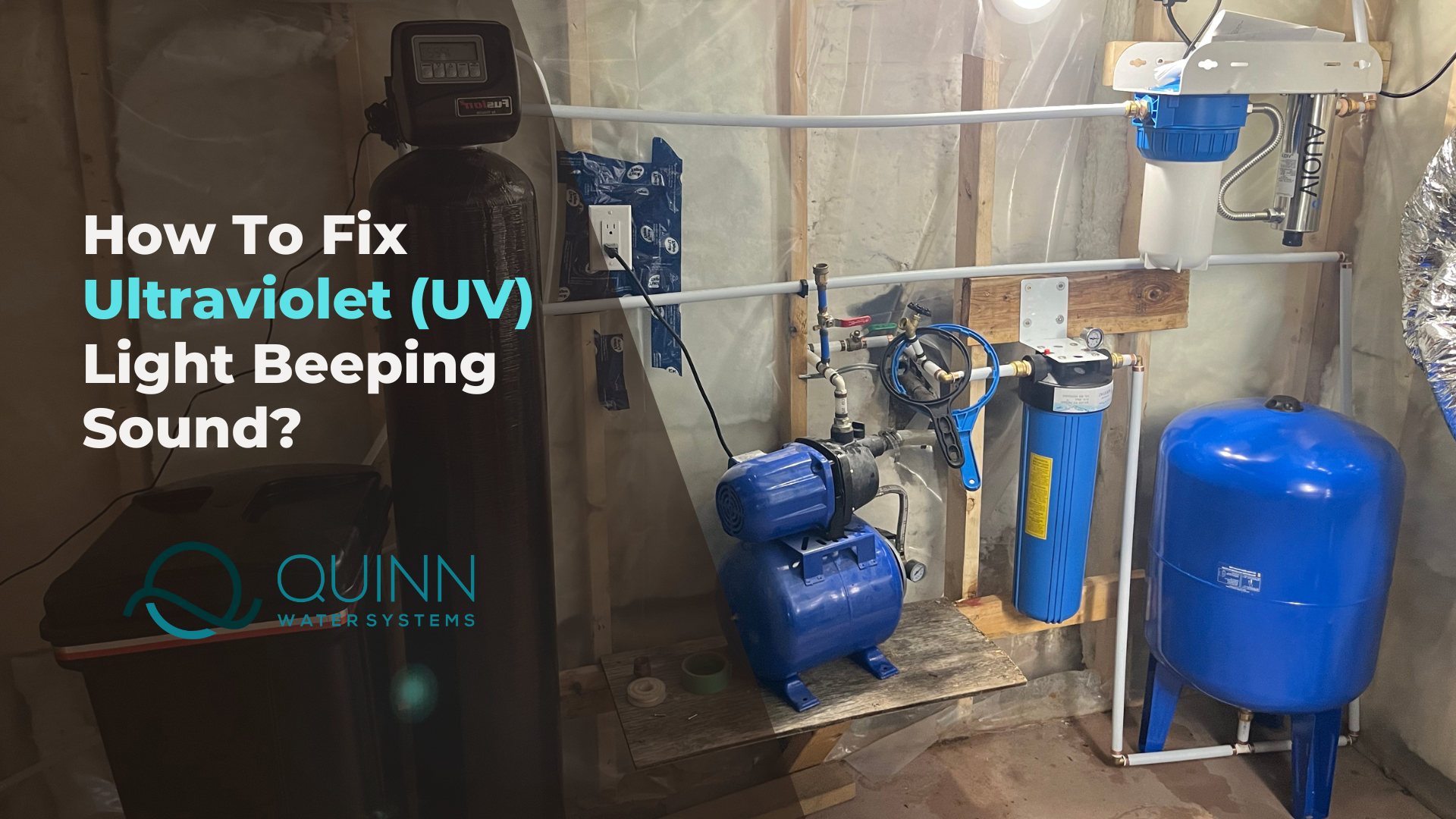
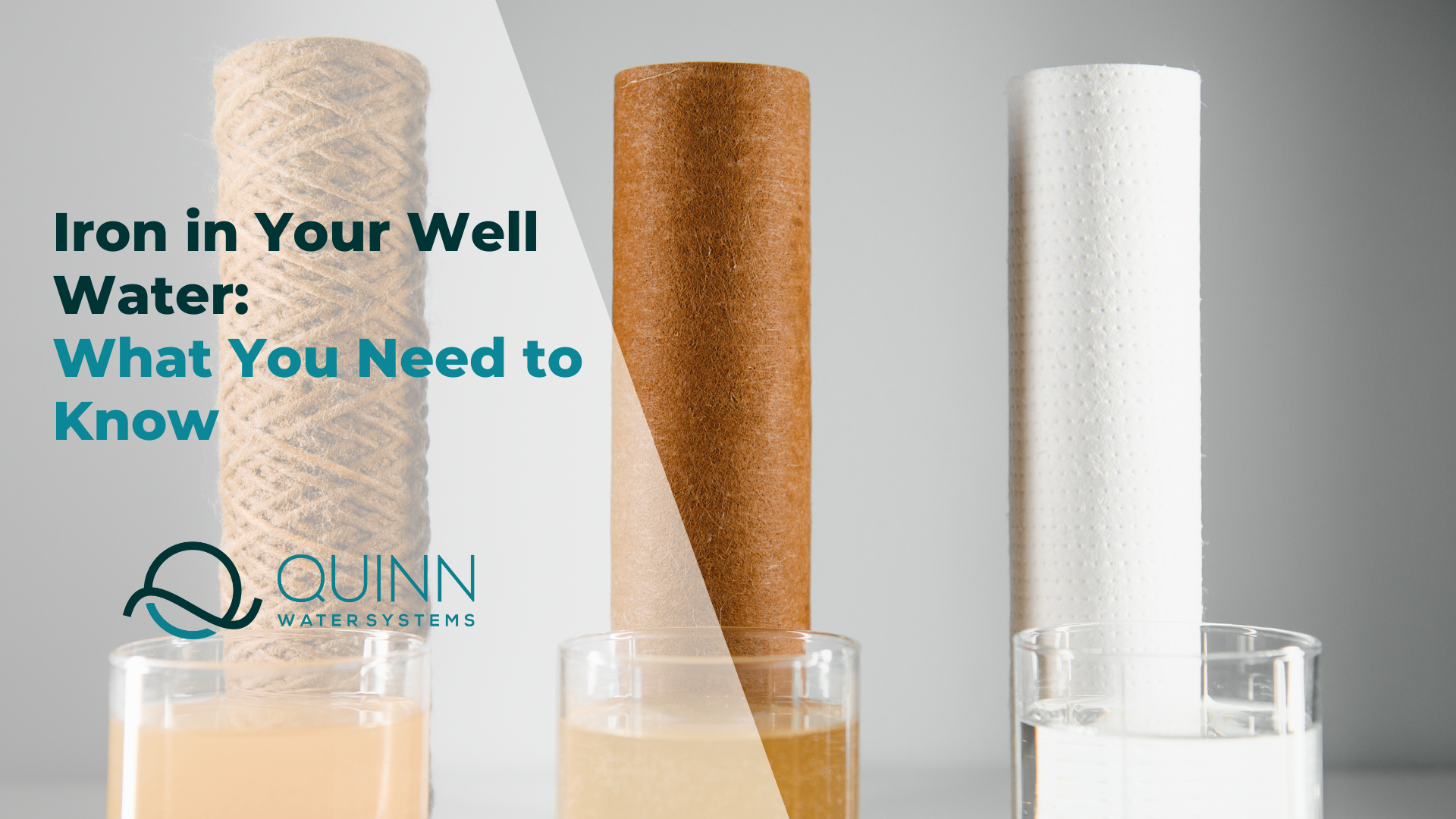
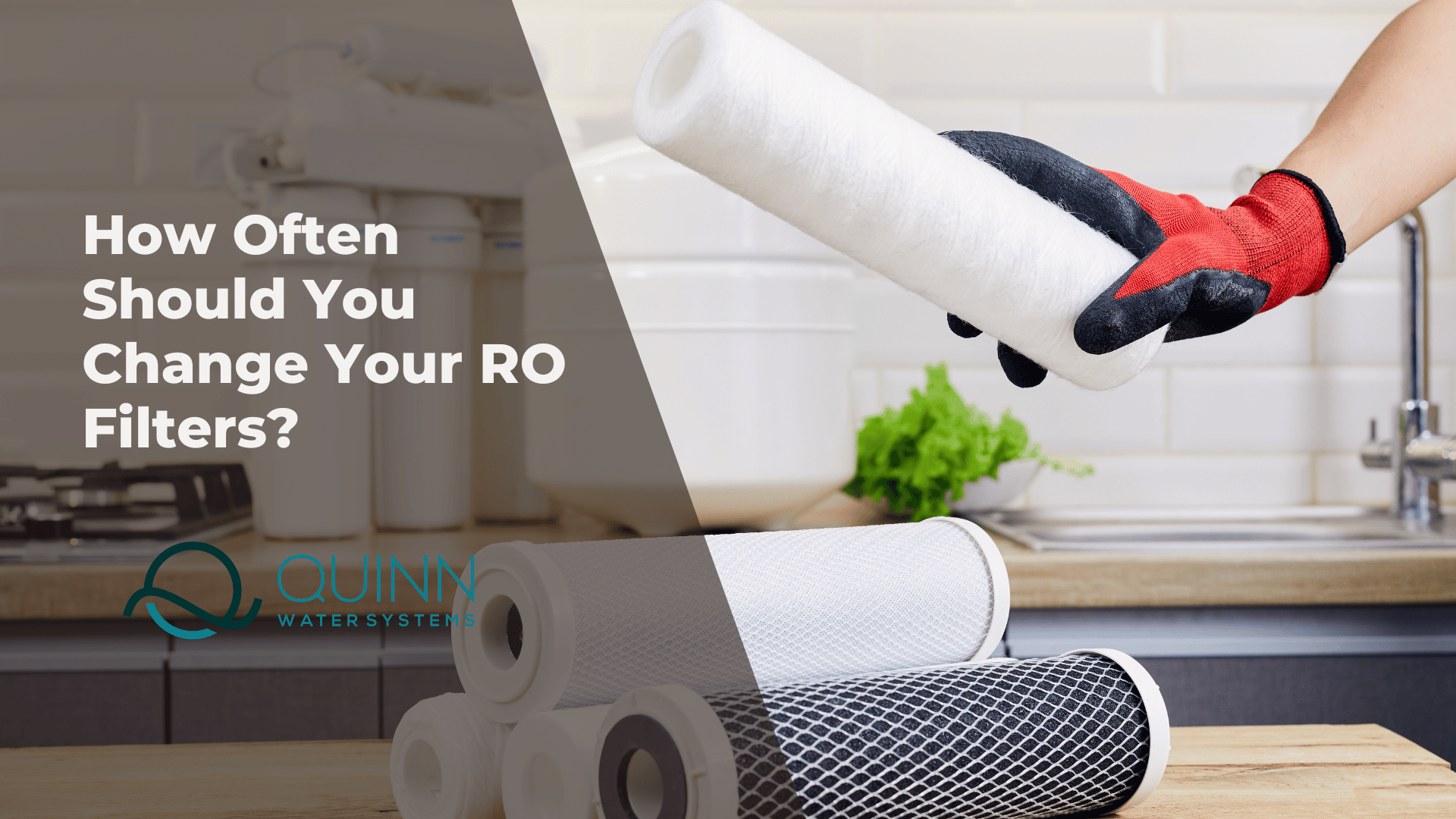


Get Your Water Done RIGHT!
About Us
Client Portal
Client Hub is set up for our clients approve quotes, check appointment details, pay outstanding invoices, print receipts, or request more work-all in one place.
Payment Options


